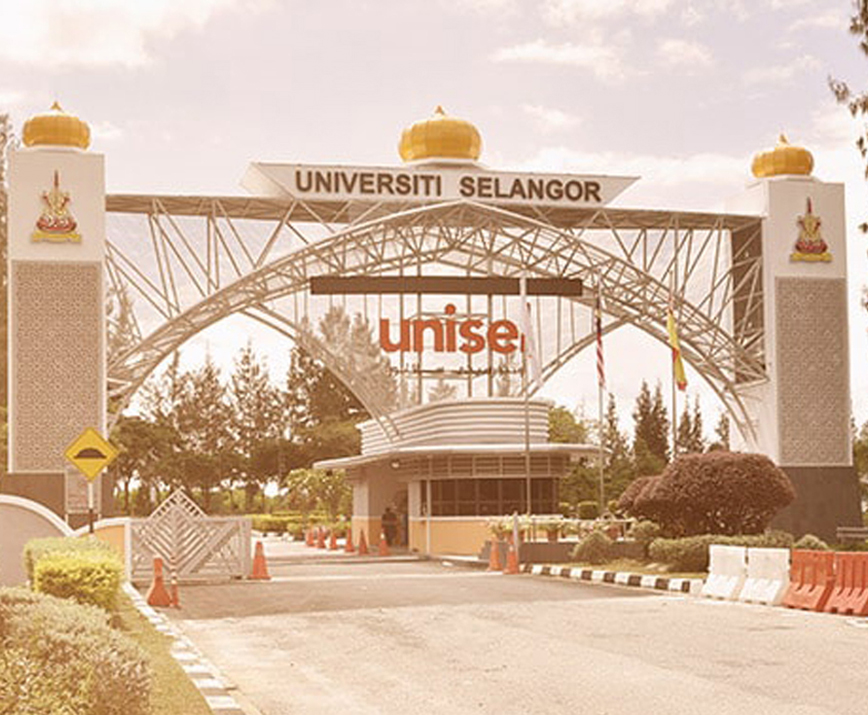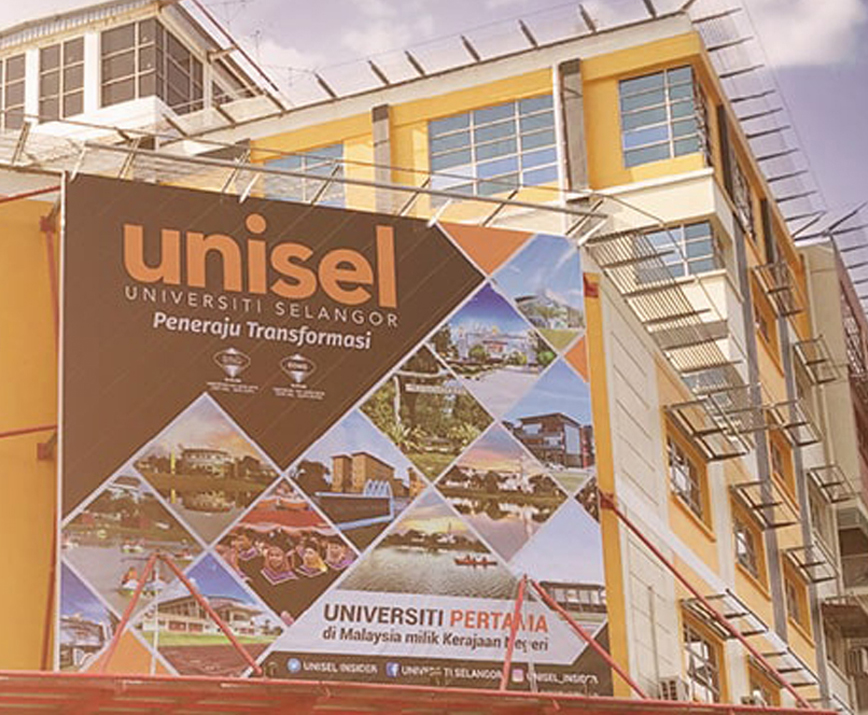DIPLOMA IN EDUCATION (ISLAMIC STUDIES) KPT/JPT(R2/145/4/0097) 06/12 (A7855) PROGRAM DESCRIPTION...
Call +0355223400
For any kind of admission enquiry
KPM/JPT (R3/851/4/0006)
PROGRAM DESCRIPTION
A Diploma in Environmental Health teaches students how to tackle issues related to environmental factors that impact human health. It covers subjects like environmental science, public health, and risk assessment. Students learn through a mix of classroom lessons, labs, fieldwork, and hands-on training.
The curriculum includes topics such as air and water quality, waste management, and food safety. Graduates develop skills in identifying and reducing environmental risks in places like workplaces and communities. They are prepared for careers in environmental monitoring, health promotion, and policy-making, with a focus on prevention and sustainability.
The Diploma in Environmental Health program offers a comprehensive curriculum designed to equip graduates with the knowledge and skills necessary to address contemporary environmental challenges. Here are the key areas emphasized in our curriculum:
SPM or equivalent with five (5) credits in the following subjects:
Bahasa Malaysia;
English;
Mathematics;
One (1) science subject (Biology/Physics/Chemistry/General Science/Applied Science); and
Any other one (1) subject.
OR
GCE/O-Level or equivalent with five (5) Grade C in the following subjects:
English;
Mathematics;
One (1) science subject (Biology/Physics/Chemistry/General Science/Applied Science); and
Any other two (2) subjects.
OR
A certificate related to Health Sciences with a minimum CGPA of 2.75
Upon graduation, our graduates will be able to:
Our graduates are well-prepared for a wide range of rewarding careers, including:
DIPLOMA IN EDUCATION (ISLAMIC STUDIES) KPT/JPT(R2/145/4/0097) 06/12 (A7855) PROGRAM DESCRIPTION...
DIPLOMA IN NURSING KPM/JPT (R2/723/4/ 0137) PROGRAM DESCRIPTION The Diploma in...
BACHELOR OF ACCOUNTANCY (HONS) KPT/JPT(R3/145/6/0013) 08/28 (A7603) PROGRAM DESCRIPTION The...


Universiti Selangor (UNISEL), formerly known as Universiti Industri Selangor was established on 23rd August 1999 and was given an approval under Private Higher Education Institutions Act 1996 (Act 555) on 14 March 2000. We are currently operating at two campuses; the sprawling 1000-acre Main Campus in Bestari Jaya and the City Campus in Shah Alam. Our establishment is in line with the State Government’s intention to make Selangor the leading regional education hub. Selangor plays an active role in the delivery of higher education programmes in order to enhance the development of human capital excellence. As one of the earliest private institutions of higher learning in Malaysia, UNISEL is unique as it is Malaysia’s first state-owned university.
More About UsFor any kind of admission enquiry